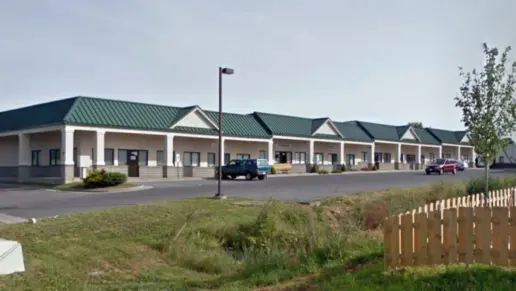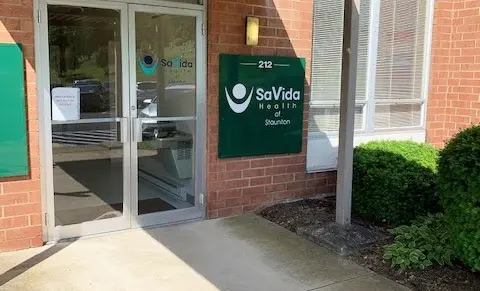The staff is excellent, they are very helpful and understanding, but I think they should take your word a little more seriously.
About Chesterfield Mental Health Support Services
Chesterfield County Department of Mental Health Support Services (MHSS) in Chesterfield, Virginia, provides substance use disorder services for Chesterfield County residents. This includes children, adolescents and adults affected by substance addiction. Their adult recovery services primarily involve medication assisted treatment. This evidence based method uses medication and therapy to treat substance use.
Their clinic uses various FDA approved medicines for their medication assisted treatment. These include naltrexone, Suboxone and Vivitrol. It all depends on your unique condition. They may prescribe Antabuse and Campral for alcohol addiction. These medications reduce withdrawal symptoms and curb cravings. That way you can undergo counseling.
Counseling helps you address the underlying causes of your addiction and build coping and relapse prevention mechanisms. These combined approaches enable you to deal with both physical and psychological aspects of the addiction. The program also involves ancillary services such as case management, harm reduction and recovery support. The latter involves connection to mutual aid meetings like AA or NA groups for ongoing support.
Harm reduction tools like NARCAN, testing strips and drug disposal pouches are available to promote safe dosing practices and reduce overdose risks during recovery. The program resources are quite broad. They even offer an opioid overdose and naloxone education known as REVIVE. This program provides training on recognizing and responding to overdose using NARCAN. You can also access community resources like transportation, healthcare and housing via their case management services. They may refer you to sober living facilities within the community for continued ongoing care. A special recovery program is available for children from birth to 18 years.
Their programs also include services for individuals involved with the criminal justice system. Also known as CAST, this confidential short term program focuses on mental health and substance abuse treatment as well as prevention and intervention for those at risk of addiction or relapse. The program involves intensive support, therapy and case management.
It’s also great that they support same day access for most of these services. Comments from past clients reflect mixed experience with the majority acknowledging the facility’s impressive quality of care.
Latest Reviews
Rehab Score
Gallery
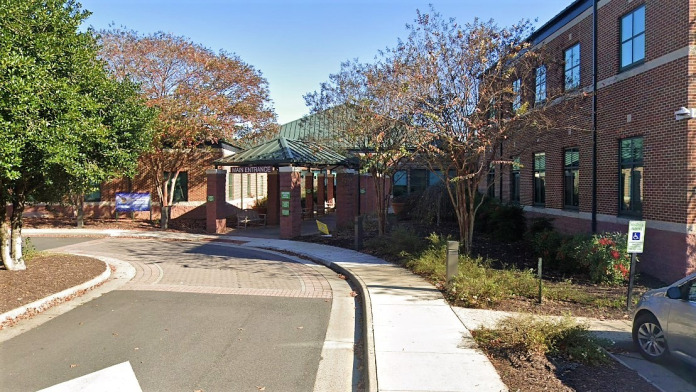
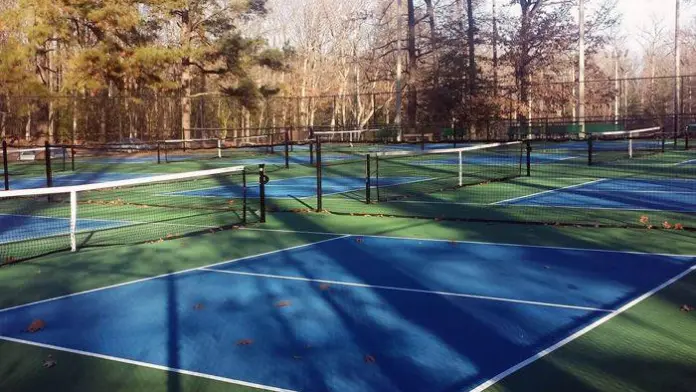
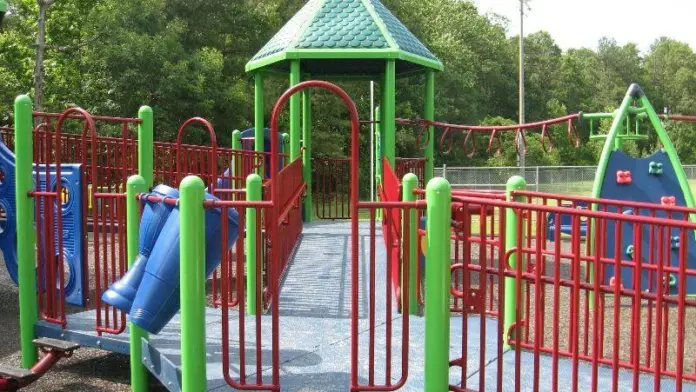
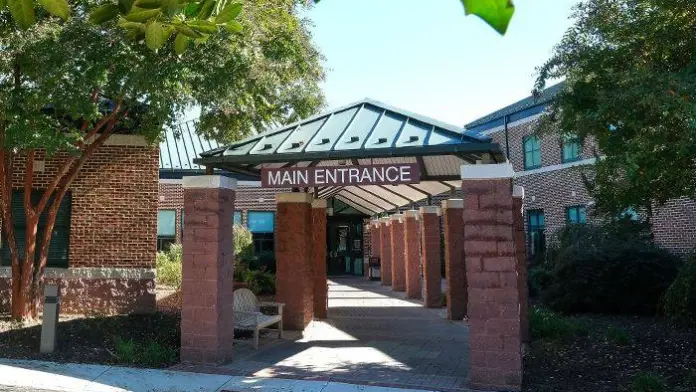
Location
Other Forms of Payment
Private insurance refers to any kind of healthcare coverage that isn't from the state or federal government. This includes individual and family plans offered by an employer or purchased from the Insurance Marketplace. Every plan will have different requirements and out of pocket costs so be sure to get the full details before you start treatment.
Self-pay involves paying for treatment out of your own pocket. You can use savings or credit, get a personal loan, or receive help from family and friends to fund your treatment. If you don't have insurance or your insurance plan doesn't cover a specific program, self-pay can help ensure you still get the care you need.
Medicare is a federal program that provides health insurance for those 65 and older. It also serves people under 65 with chronic and disabling health challenges. To use Medicare for addiction treatment you need to find a program that accepts Medicare and is in network with your plan. Out of pocket costs and preauthorization requirements vary, so always check with your provider.
Medicaid is a state based program that helps lower-income individuals and families pay for healthcare. Medicaid covers addiction treatment so those enrolled can use their coverage to pay for rehab. When a program accepts Medicaid the client often pays very little or nothing out of their own pocket.
Military members, veterans, and eligible dependents have access to specific insurance programs that help them get the care they need. TRICARE and VA insurance can help you access low cost or no cost addiction and mental health treatment. Programs that accept military insurance often have targeted treatment focused on the unique challenges military members, veterans, and their families face.
Addiction Treatments
Levels of Care
Treatments
The goal of treatment for alcoholism is abstinence. Those with poor social support, poor motivation, or psychiatric disorders tend to relapse within a few years of treatment. For these people, success is measured by longer periods of abstinence, reduced use of alcohol, better health, and improved social functioning. Recovery and Maintenance are usually based on 12 step programs and AA meetings.
When you enroll in drug rehab in Virginia, a treatment plan is designed by professional staff in order to help you overcome drug addiction and modify addictive behaviors. This may include evidence-based treatments, group and individual therapy, and relapse prevention.
Many of those suffering from addiction also suffer from mental or emotional illnesses like schizophrenia, bipolar disorder, depression, or anxiety disorders. Rehab and other substance abuse facilities treating those with a dual diagnosis or co-occurring disorder administer psychiatric treatment to address the person's mental health issue in addition to drug and alcohol rehabilitation.
A combined mental health and substance abuse rehab has the staff and resources available to handle individuals with both mental health and substance abuse issues. It can be challenging to determine where a specific symptom stems from (a mental health issue or an issue related to substance abuse), so mental health and substance abuse professionals are helpful in detangling symptoms and keeping treatment on track.
Opioid rehabs specialize in supporting those recovering from opioid addiction. They treat those suffering from addiction to illegal opioids like heroin, as well as prescription drugs like oxycodone. These centers typically combine both physical as well as mental and emotional support to help stop addiction. Physical support often includes medical detox and subsequent medical support (including medication), and mental support includes in-depth therapy to address the underlying causes of addiction.
Programs

Clinical Services
Group therapy is any therapeutic work that happens in a group (not one-on-one). There are a number of different group therapy modalities, including support groups, experiential therapy, psycho-education, and more. Group therapy involves treatment as well as processing interaction between group members.
In individual therapy, a patient meets one-on-one with a trained psychologist or counselor. Therapy is a pivotal part of effective substance abuse treatment, as it often covers root causes of addiction, including challenges faced by the patient in their social, family, and work/school life.
Accreditations

The Substance Abuse and Mental Health Services Administration (SAMHSA) is a branch of the U.S. Department of Health and Human Services. Established in 1992 by congress, SAMHSA's mission is to reduce the impact of substance abuse and mental illness on American's communities.
SAMHSA Listed: Yes

The Commission on Accreditation of Rehabilitation Facilities (CARF) is a non-profit organization that specifically accredits rehab organizations. Founded in 1966, CARF's, mission is to help service providers like rehab facilities maintain high standards of care.
CARF Accreditation: Yes
Accreditation Number: 24134

State Licenses are permits issued by government agencies that allow rehab organizations to conduct business legally within a certain geographical area. Typically, the kind of program a rehab facility offers, along with its physical location, determines which licenses are required to operate legally.
State License: Virginia
Contact Information
6801 Lucy Corr Blvd
Chesterfield, VA 23832
